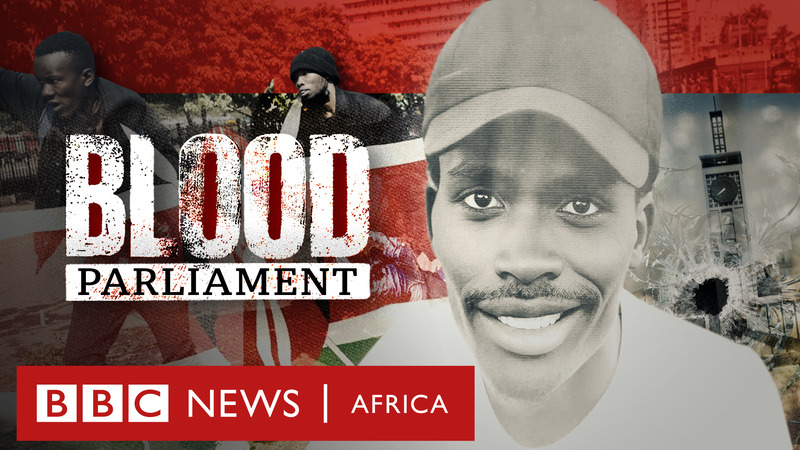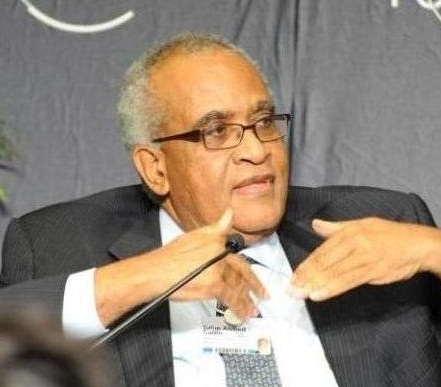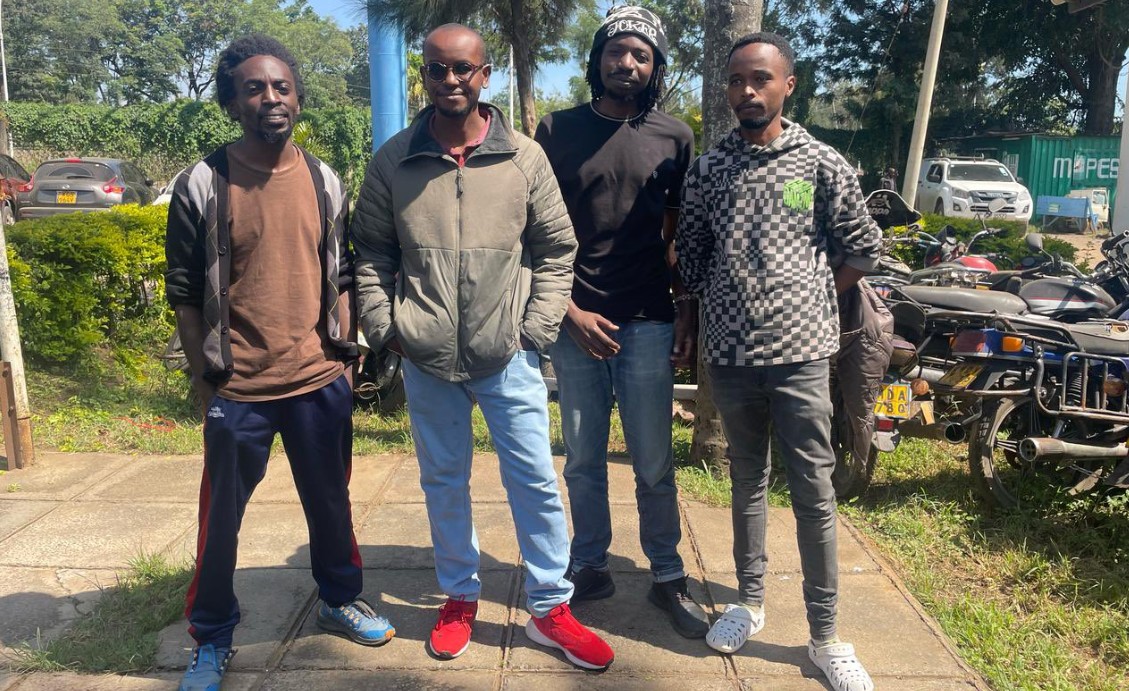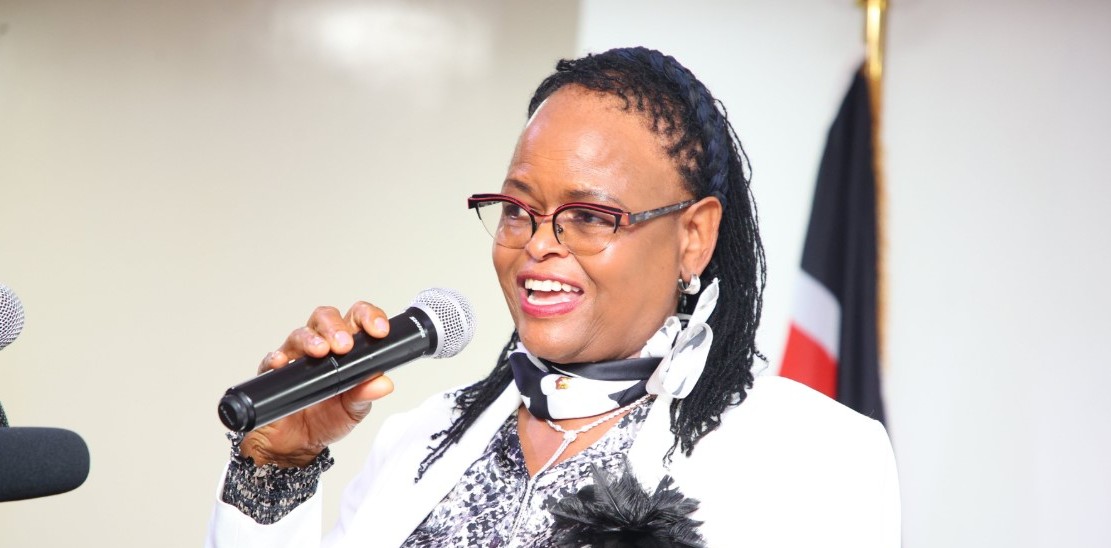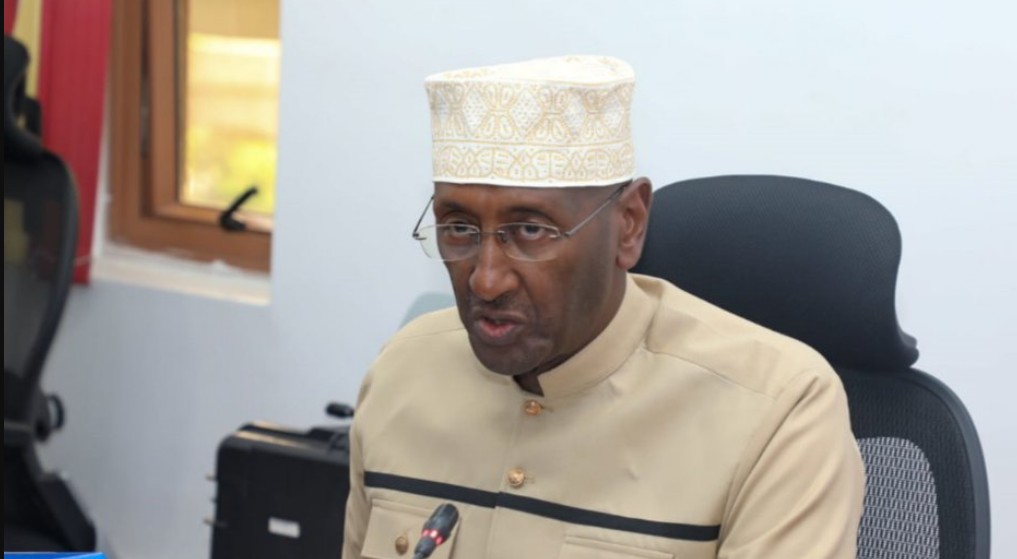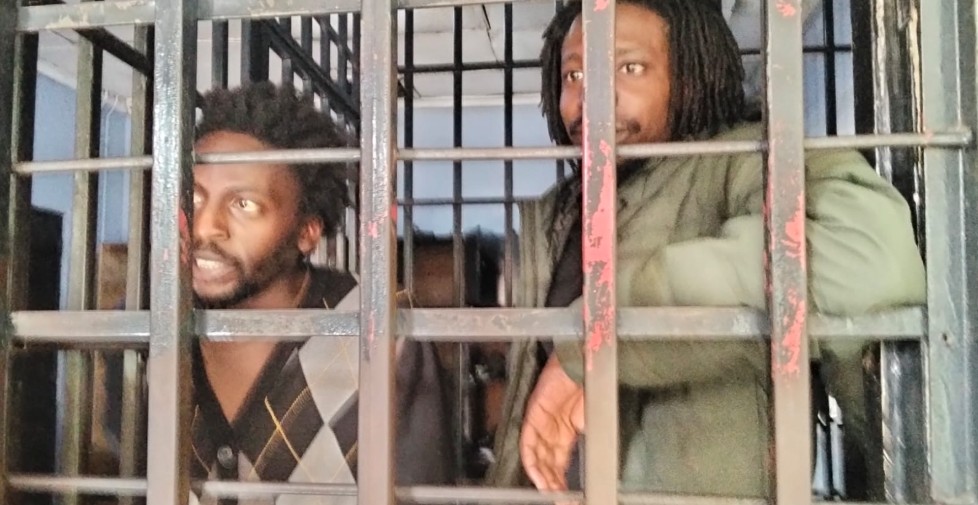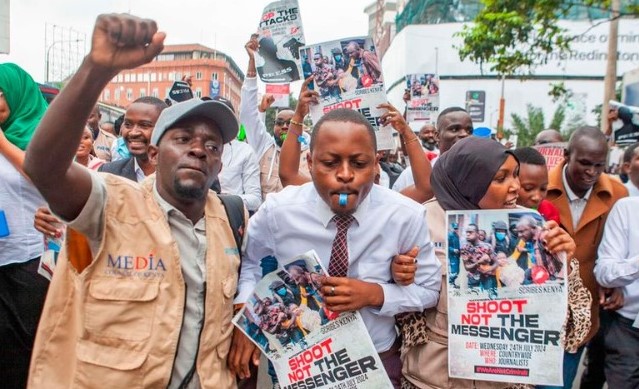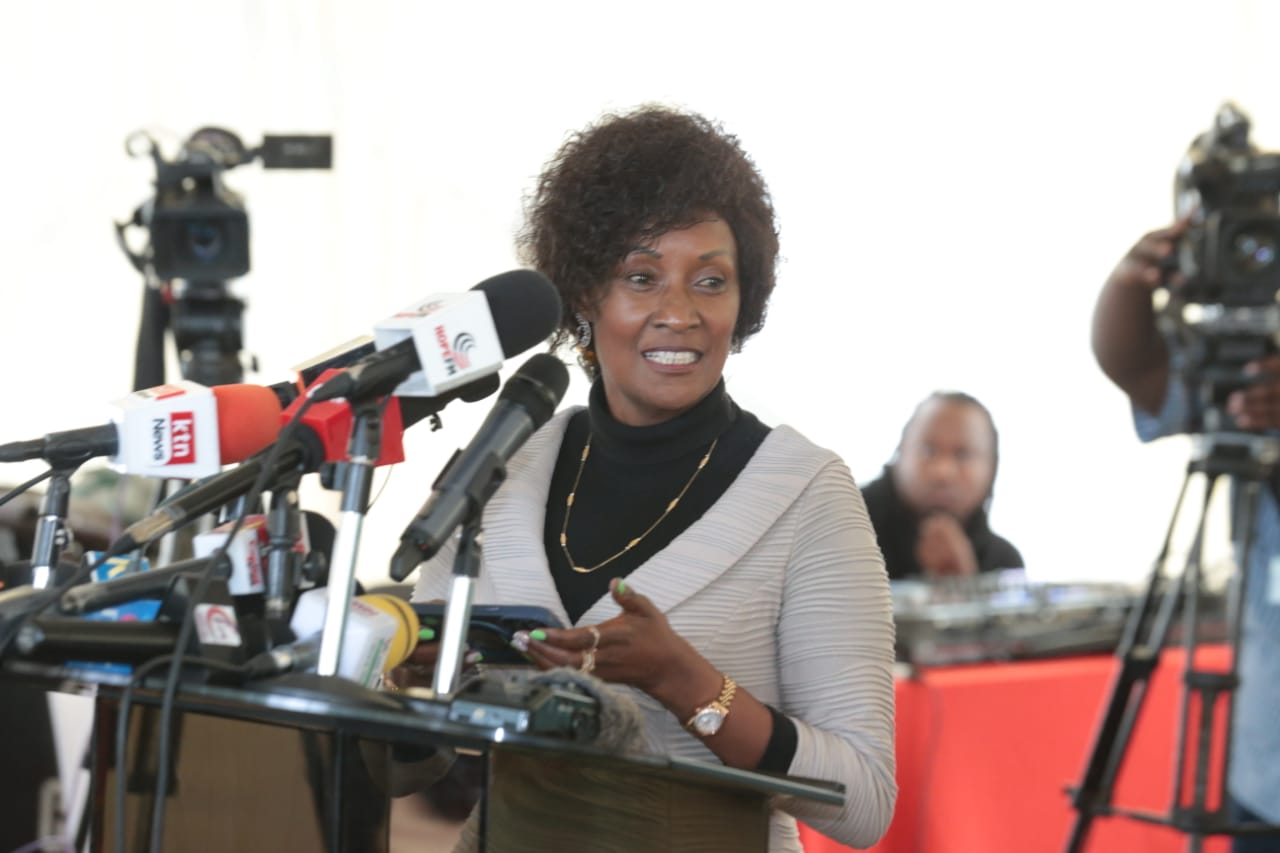State Department of Higher Education fails to explain Sh12.5 million fuel expenditure
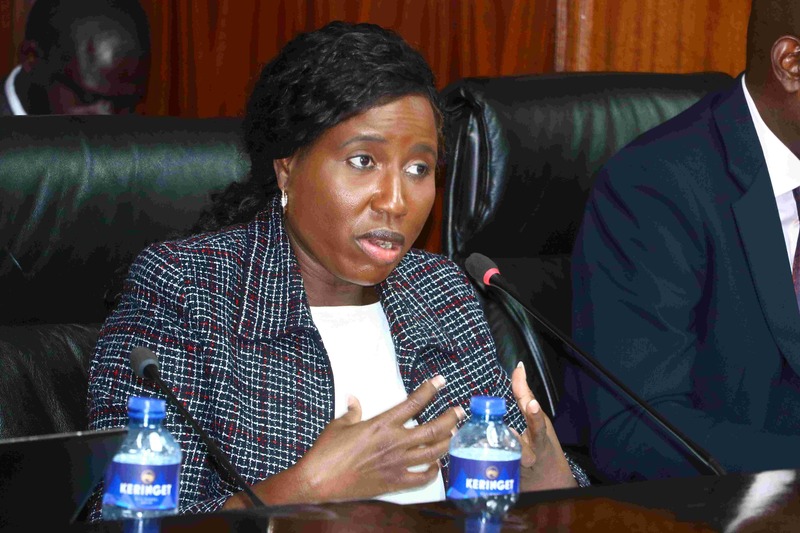
The financial query comes at a time when the state department is grappling with myriad financial challenges in the higher education subsector.
Details have emerged that the State Department of Higher Education and Research spent Sh12.5 million on fuel, with an audit revealing that the expenditure lacked proper documentation.
The Auditor-General’s report highlights that the fuel usage could not be traced to specific vehicles or drivers, raising serious concerns about the transparency and accountability of the department’s financial practices.
The questionable expenditure has been flagged by Auditor General Nancy Gathungu in a report on the accounts of the state department for the 2022–23 financial year, which is under review by the Public Accounts Committee (PAC) of the National Assembly.
“It was, therefore, difficult to track the fuel drawdowns to the individual copies of motor vehicle work tickets. In the circumstances, the regularity of the expenditure could not be confirmed,” reads the audit report.
The financial query comes at a time when the state department is grappling with myriad financial challenges in the higher education subsector.
PAC officials have now called for top officials at the department to be sanctioned for failing to provide documentation to support the Sh12.5 million spent on fuel, oil, and lubricants.
Higher Education Principal Secretary Beatrice Inyangala confirmed during the PAC meeting that public funds may have been lost due to the department’s lack of proper records.
The audit revealed that it was “a free-for-all” for drivers attached to the state department, as the fuel statements furnished to auditors did not indicate the registration numbers of the vehicles that drew fuel under the department’s account.
Committee members expressed disbelief over the apparent lack of oversight, questioning how such irregularities were allowed to happen.
Aldai MP Maryanne Kitany, a member of the committee, demanded to know why the state department had failed to maintain a fuel register to assist in reconciliation with supplier statements before making payments.
“Why was this allowed to happen? We have had issues with other government agencies, but not to this extent,” Kitany said.
"I am looking at Wanjiku who lost Sh12 million worth of fuel, this is wrong. These vehicles are only 19, and there was no one monitoring them. How is this even possible? Madam PS, we want you to attach the fuel register and table it before us for scrutiny."
Inyangala told the committee that the fuel supply statement from the supplier did not indicate the vehicle registration numbers because the department was using general cards to fuel vehicles.
“Fuel usage could not be traced down to individual motor vehicle work tickets,” Inyangala explained.
A section of committee members expressed fear that the lack of safeguards may have led to private vehicles being fuelled at the taxpayers’ expense.
The misuse of fuel in government operations is a serious concern, with cases of fraud, theft, and misuse leading to financial losses and damaging public trust. Government entities are often allocated budgets for fuel to operate vehicles for official duties, but at times, this fuel is diverted for private use, unauthorised trips, or fraudulently claimed.
Butere MP and PAC chair Tindi Mwale sought clarification on what measures the department had taken to prevent future misuse of funds.
“So, what measures has your department taken to ensure this does not recur?” Mwale posed.
In response, Inyangala assured the committee that the department had taken corrective action. She confirmed that the department had resolved to procure a specific fuel card for each vehicle in the fleet “as a strategic intervention.”
“This has since facilitated the fuel drawdowns to individual copies of vehicles’ work tickets. The management has put in place a fuel register to assist in reconciliation with supplier statements before any subsequent payment is made,” the PS assured the committee.
However, committee members were unconvinced by the PS’s assurance and demanded a more comprehensive response.
To combat fuel abuse, Kitany suggested that the government implement fuel integrity programmes, using technology to track and monitor fuel usage, making it harder for drivers to divert or steal fuel.
Top Stories Today
- How pressure, national outrage led to 'Blood Parliament' filmmakers' release
- CJ Koome reshuffles tribunals, committees in fresh appointments
- Senate report exposes Sh7.6 billion county projects scandal
- Fury erupts over arrest of ‘Blood Parliament’ filmmakers
- OPINION: On World Press Freedom Day, Kenyans have little to celebrate
- BBC’s ‘Blood Parliament’ filmmakers arrested in Nairobi

